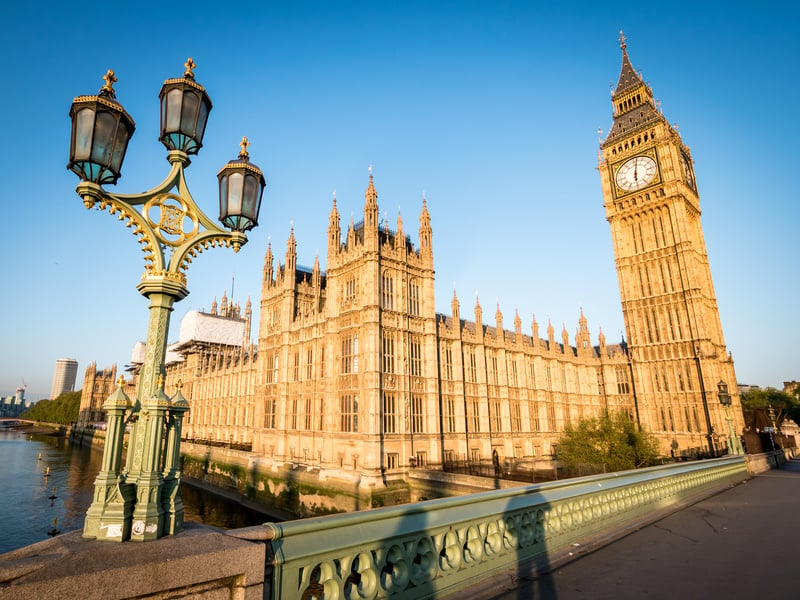Baker McKenzie’s Sanctions Blog published the alert titled UK designates 14 new Russian individuals and entities on 31 March 2022. Read the article via the link here. Please also visit our Sanctions Blog for the most recent updates.
The UK’s Plastic Packaging Tax becomes effective on 1 April 2022 and applies to plastic packaging in the UK that contains less than 30% recycled plastic content at a rate of GBP 200 per metric tonne. The tax is aimed at encouraging the use of more sustainable plastic packaging, increasing the use of recycled plastic and helping to reduce plastic waste. The PPT has been promoted by the UK government as a world leading measure and other jurisdictions are already putting in place similar regimes.
The Presidents of the Employment Tribunals (England & Wales and Scotland) have issued Presidential Guidance updating the Vento bands for damages for injury to feelings in discrimination claims.
The Court of Appeal has overturned the Employment Appeal Tribunal’s decision which had read down section 146 of the Trade Union and Labour Relations (Consolidation) Act 1992 (TULRCA) to give workers who participate in industrial action protection from action short of dismissal. The court confirmed that the protections in TULRCA, as drafted, do not extend to preventing employers from taking such action in response to striking employees. This means that a decision to potentially remove discretionary benefits from employees participating in industrial action would no longer give rise to a standalone claim under TULRCA.
The mutual recognition and enforcement of judgments in civil and commercial matters between the UK and the Netherlands used to be governed by the Brussels Recast Regulation. Today, post-Brexit, it is not an easy task to determine which rules apply. The key issue is whether the Convention between the Kingdom of the Netherlands and the United Kingdom of Great Britain and Northern Ireland providing for the Reciprocal Recognition and Enforcement of Judgments in Civil Matters dated 17 November 196711 revived. Nonetheless, a notable exception to the current uncertainty exists with respect to judgments that fall within the scope of the Hague Convention on Choice of Court Agreements dated 30 June 20052.
In 2021, the government commissioned Dr. Tony Sewell to chair a new Commission on Race and Ethnic Disparities (CRED) to investigate race and ethnic disparities in the UK. CRED published its report into its findings in March 2021 which set out 24 recommendations to forward 4 overarching aims: (i) to build trust between different communities and the institutions that serve them, (ii) to promote greater fairness to improve opportunities and outcomes for individuals and communities, (iii) to create agency so individuals can take greater control of the decisions that impact their lives, and (iv) to achieve genuine inclusivity to ensure all groups feel a part of UK society.
Baker McKenzie’s Sanctions Blog published the alert titled UK releases new trade, aviation and shipping measures against Russia on 14 March 2022. Read the article via the link here. Please also visit our Sanctions Blog for the most recent updates.
Baker McKenzie’s Sanctions Blog published the alert titled G7 Countries Move to Revoke Russia’s “Most Favored Nation” Status and Impose Other Sanctions on 16 March 2022. Read the article via the link here. Please also visit our Sanctions Blog for the most recent updates.
Baker McKenzie’s Sanctions Blog published the alert titled UK denies Russia access to Most Favored Nation status and announces the imposition of new import tariffs on hundreds of Russian products on 17 March 2022. Read the article via the link here. Please also visit our Sanctions Blog for the most recent updates.
In an article for Compliance & Risk Journal, Kim Sartin and Rachel Farr discuss the tricky course employers have to navigate in a shifting compliance landscape and explain what to focus on in 2022.



